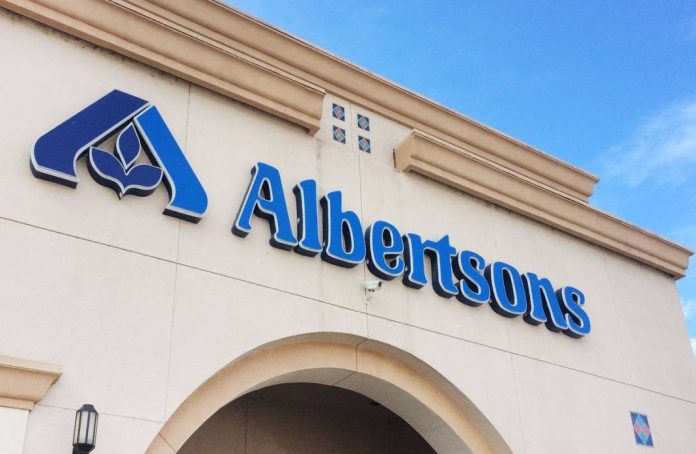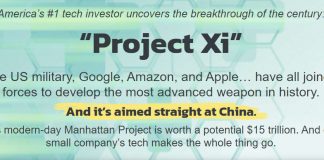United States food and drug chain Albertsons Companies has been the most recent client merchant of IBM's Food Trust blockchain platform, the business confirmed in a press release on April 11.
Albertsons, which operates a community of 2,300 shops across the U.S., will utilize the platform to monitor the supply chain to get romaine lettuce but plans to branch out into other goods.
Since it established at October 2018, Food Trust has now grown to integrate approximately 80 customers within a rapidly-expanding business, Albertsons imagining that more than five million meals products currently utilize blockchain technologies as part of the delivery procedure.
The accession of Albertsons Firms into the IBM Food Trust system attracts over 50 brands throughout the food ecosystem to blockchain-based food traceability. It helps enable increased transparency and cooperation, and a safer food supply chain, the firms said.
The blockchain is a method of a document which may be used to track and authenticate objects as they move through the distribution chain. It makes a virtual record of each transaction or interaction — by a packaging date into the temperature where a product was sent, to its advent to a grocery store shelf.
Also Read: StackOverflow research claims 80% of Organizations don’t use Blockchain
This greater transparency may tackle a wide array of food grade issues, from food security to freshness, to verifying certifications like an organic or fair trade, to waste reduction, sustainability, and much more.
“Blockchain technology has the potential to be transformational for us,” CIO Anuj Dhanda commented at the press release. Dhanda continued:
“Food safety is a very significant step. In addition, the provenance of the products enabled by blockchain — the ability to track every move from the farm to the customer's basket — can be very empowering for our customers.”
Albertsons Companies intends to pilot IBM Food Trust to help overcome the present barriers to a traceback to get merchandise such as romaine and is exploring ways to utilize the technologies to make sure the provenance of its extensive Own Brands portfolio.
A blockchain system is most powerful as it pertains multiple, varied members who form a transacting ecosystem. That's the reason why IBM Food Trust enables companies from throughout the food ecosystem to combine and discuss information. Already, a few IBM Food Trust members recommend or mandate their supply chain partners, for example, downstream providers, join the community. This is meant to bring a broader view of the full lifecycle of a food item.
“Since first introducing IBM Food Trust, we have met a number of milestones that show the path toward transforming the end-to-end food system,” stated Raj Rao, general manager of IBM Food Trust, in a declaration.“Today, we are further scaling the network to bring blockchain-based traceability to an even wider cross-section of retailers, suppliers and end consumers. By working with the top retailers all over the world, IBM Food Trust is truly helping to provide a safer and more transparent food system for all.”
IBM Food Trust enables businesses to onboard by means of many different alternatives, such as offering guided onboarding to assist brands to personalize their solutions and between IBM Services for consulting experience. After onboarded, members have access to application programming interfaces (APIs) and programmer tutorials, which can be publicly available online through IBM DeveloperWorks to facilitate integrations with third-party technologies, business systems, and other information resources.
Also Read: U.S. Department of Energy utilize Blockchain to protect Power Plants from Cyberattacks
IBM Food Trust is among the biggest and most active non-crypto blockchain networks now. It's available as a subscription service for all members of this food ecosystem.










